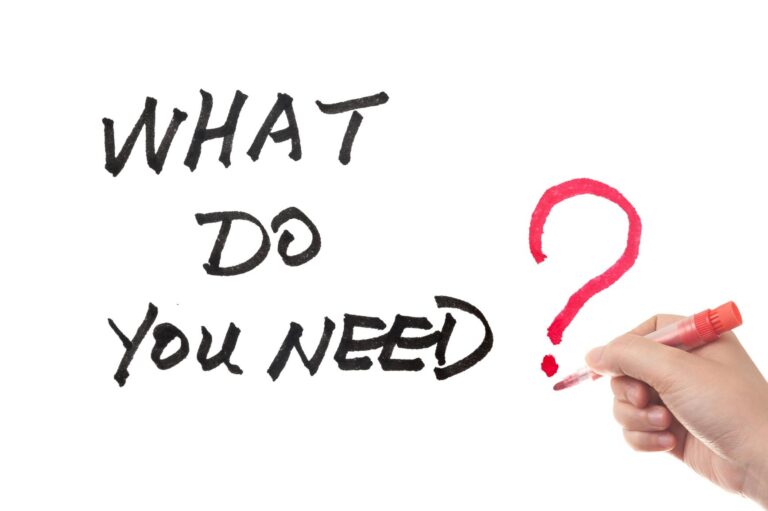Escalating Unrest in Togo’s Capital, Lomé: Clashes Between Security Forces and Protesters
In a dramatic intensification of political unrest, the streets of Lomé, Togo’s capital, witnessed violent confrontations between security personnel and demonstrators opposing President Faure Gnassingbé’s extended tenure. Over the weekend, tens of thousands rallied to demand sweeping political reforms and an end to the Gnassingbé family’s over 50-year dominance in Togolese politics. In response to these mass protests, military units were strategically deployed across critical urban zones, employing tear gas and other crowd-control tactics to break up assemblies expressing widespread dissatisfaction. This surge in civil unrest highlights a crucial juncture for Togo—a nation grappling with entrenched political inertia amid mounting calls for democratic change.
The international community remains vigilant as developments unfold in West Africa’s often volatile landscape. Observers are closely analyzing how this turmoil might influence regional stability and governance trajectories.
Military Response Amplifies Deep-Rooted Public Discontent
The recent demonstrations rapidly escalated when armed forces intervened to disperse crowds chanting slogans demanding systemic reform. Protesters carried placards calling for transparent governance while voicing frustration over economic stagnation and perceived corruption within state institutions. Eyewitness accounts describe chaotic scenes where tear gas clouds forced many demonstrators into retreat; yet numerous activists remained resolute despite aggressive suppression efforts.
This wave of dissent is particularly pronounced among younger generations who face limited employment prospects under a regime controlled by one family dynasty since 1967. Civil society organizations have articulated clear demands including:
- Immediate scheduling of free and fair elections
- Unrestricted rights to peaceful assembly
- Judicial autonomy free from executive interference
The government’s deployment of troops coupled with stringent crackdowns has sparked alarm about potential infringements on fundamental freedoms—raising fears that escalating violence could further destabilize the fragile sociopolitical fabric.
| Main Grievances Presented by Protesters | Official Government Actions Taken |
|---|---|
| Calls for comprehensive political reform | Heightened military presence at protest hotspots |
| Accusations regarding misuse of public funds | Denying allegations through official statements |
| Demanding credible electoral processes | Pledges toward future elections amid ongoing tensions |
Political Strife Coupled with Human Rights Challenges in Togo
Tensions boiling over onto LomĂ©’s streets underscore growing public disillusionment with President Faure GnassingbĂ©’s administration—who has held power since 2005 following his father’s long rule. The government’s forceful crackdown on protesters raises serious questions about its dedication to protecting human rights standards amidst calls for greater democracy.
A number of human rights watchdogs have condemned reports detailing excessive use of force—including tear gas deployment against largely peaceful gatherings—and arbitrary arrests targeting opposition figures and activists alike. Journalists covering these events also face intimidation tactics that hinder independent reporting on unfolding events.
- Aggressive Crowd Control: Use of rubber bullets alongside chemical irritants against civilians exercising their right to protest peacefully.
- Censorship & Media Suppression: Press freedom curtailed through harassment or detention impeding accurate information dissemination.
- Sidelining Political Opposition: Frequent detentions undermine pluralistic debate essential for democratic health.
Strategic Recommendations: How the International Community Can Foster Democratic Progress in Togo
The recent surge in violence presents an urgent call-to-action for global actors committed to promoting democracy across West Africa. Constructive engagement involving both governmental authorities and grassroots organizations is vital toward establishing sustainable dialogue channels conducive to peaceful resolution.
- Diplomatic Engagement: Applying measured pressure urging respect for civil liberties while encouraging transparent governance reforms;
- Civil Society Empowerment: Offering technical assistance, funding opportunities, and capacity-building workshops aimed at strengthening local NGOs advocating nonviolent activism;
- Election Monitoring Initiatives: Deploying impartial observers during upcoming polls ensures accountability throughout electoral cycles;
Additionally, targeted support programs designed specifically around enhancing citizen participation can help lay groundwork necessary for durable democratic institutions—examples include educational campaigns explaining voter rights or facilitating inclusive forums bridging divides between ruling elites & opposition groups alike.< / p >
| Recommended Actions< / th > | Description< / th > |
|---|---|
nn
Conclusion: Navigating Togo’s Political Crossroads Amid Rising Demands For Change Â
nn
Tensions surrounding President Faure GnassingbĂ©’s prolonged rule have culminated into significant clashes reflecting deep societal frustrations rooted in decades-long autocratic control combined with economic challenges faced by ordinary citizens.nThe government’s militarized response risks exacerbating divisions unless accompanied by genuine efforts toward reform.nAs voices clamoring for justice grow louder domestically—and scrutiny intensifies internationally—the resilience demonstrated by Togolese people striving peacefully underscores their unwavering commitment towards securing fundamental freedoms.nThe coming months will be pivotal not only regarding leadership decisions but also concerning how effectively democratic principles can be restored within this West African nation.nUltimately,nthe balance struck between repression versus reconciliation will shape whether Togo embarks upon meaningful transformation or remains trapped under entrenched authoritarianism.n







